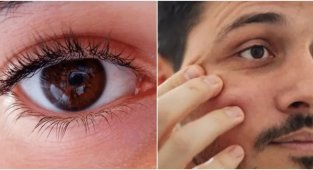13 common foods that were banned in some countries around the world for various reasons (14 photos)
Below is a list of products that cannot be sold in some countries around the world. 
Countries of the world regularly trade with each other, exchanging not only all kinds of fossil resources, but also food. Sweets, meat, fish, vegetables and fruits - all this is a great value, which is first imported through customs points, moved to warehouses, and then delivered to stores, where impatient buyers are already waiting, ready to buy everything in the world.
However, some countries categorically refuse to import products that, in their opinion, do not meet certain criteria. Sometimes these refusals look quite convincing. As a rule, goods with questionable or dangerous ingredients are subject to restrictions. Everything is logical, the government simply fears for the health of its citizens and is doing everything possible to protect them. But there are other cases where the ban is dictated by extremely absurd reasons.
M&M's Chocolate Drops - Sweden 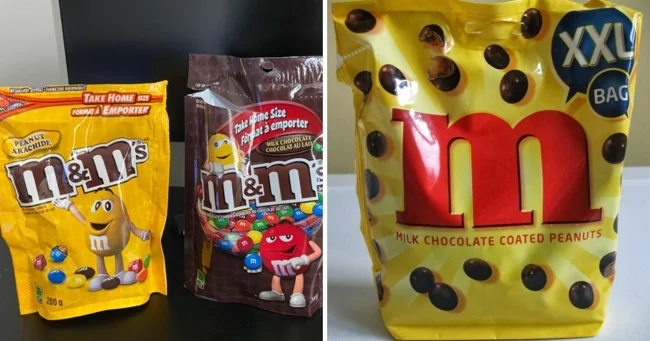
Reason for the ban: Sweden banned the sale of M&Ms in 2016 because a court ruled that the packaging and marketing of the popular candy was too similar to the packaging and marketing of another chocolate treat, M by Marabou.
Colored rings - France, Austria, Norway, Finland 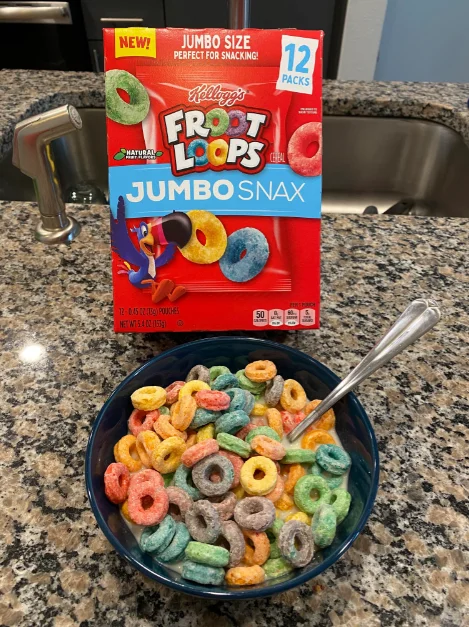
Reason for the ban: Sweet rings, in addition to bright colors, contain soy, cottonseed oil and hydrogenated coconut. All these components are considered dangerous and prohibited in the above-mentioned countries.
Carbonated drink Coca-Cola - Cuba and North Korea 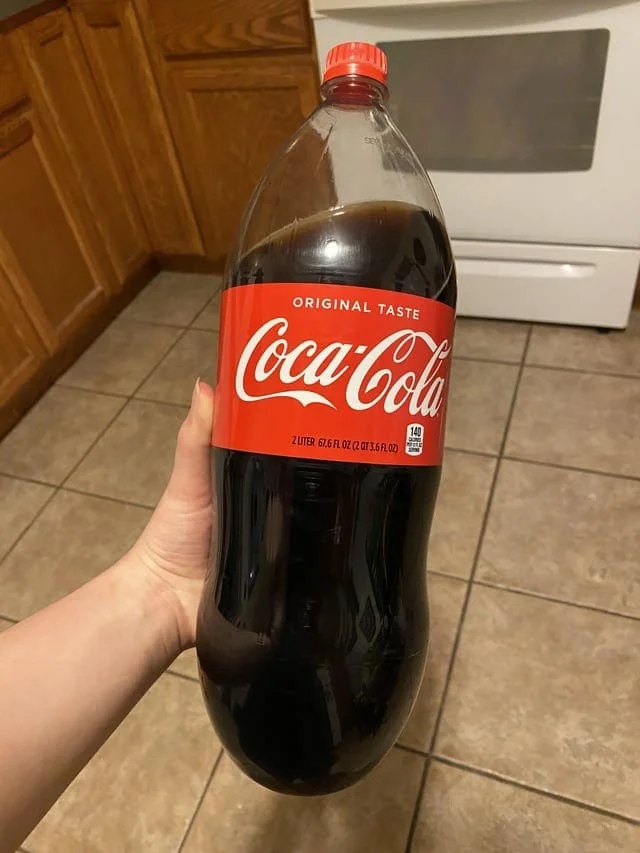
Reason for the ban: Cuba and North Korea are under a long-term embargo by the company that produces the world famous drink. Therefore, it is impossible to officially purchase it.
Nesquik chocolate drink - UK 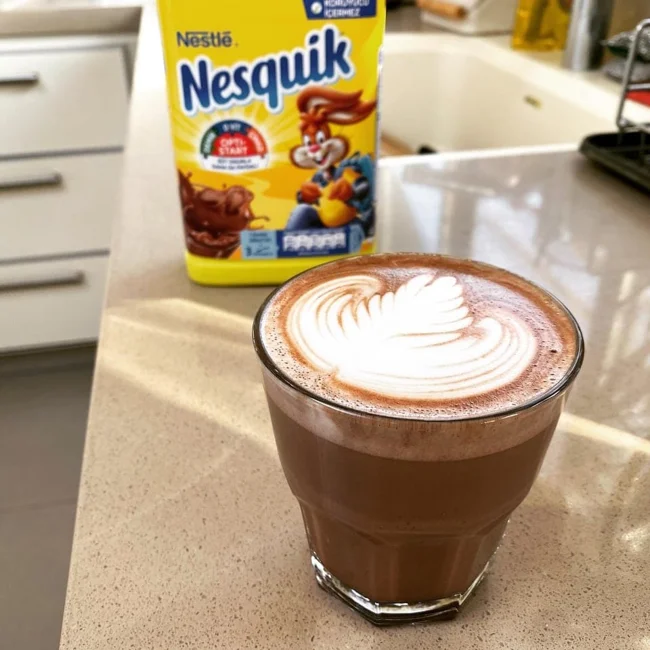
Reason for the ban: The British Health Committee accused Nesquik of deceiving consumers. The advertising with a funny rabbit convinces that the start of the day with this product will be excellent and full of benefits. However, researchers are confident that drinking such a drink, even in the morning, can lead to the formation of unhealthy eating habits and obesity.
Chewing gum - Singapore 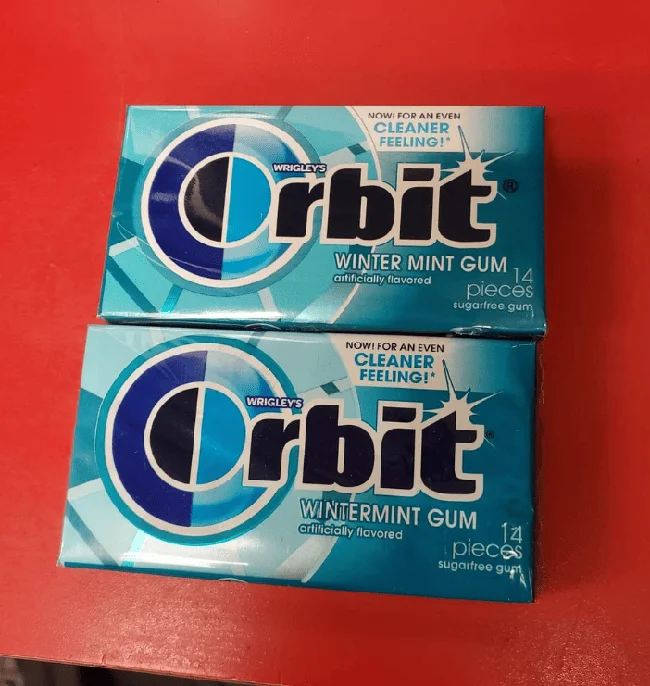
Reason for ban: Vandal outrages. In this country, you can even go to jail for producing and distributing chewing gum.
Lettuce - Iran 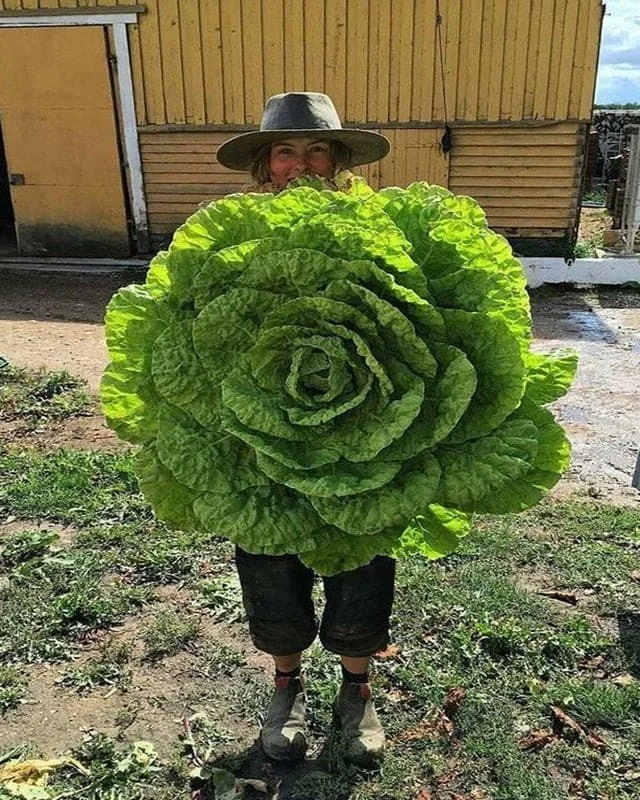
Reason for the ban: Iranians living in the north do not eat this healthy product due to religious reasons. In their language, the name of the leafy vegetable is “khas”, which means their saints.
Mountain Dew - European Union and Japan 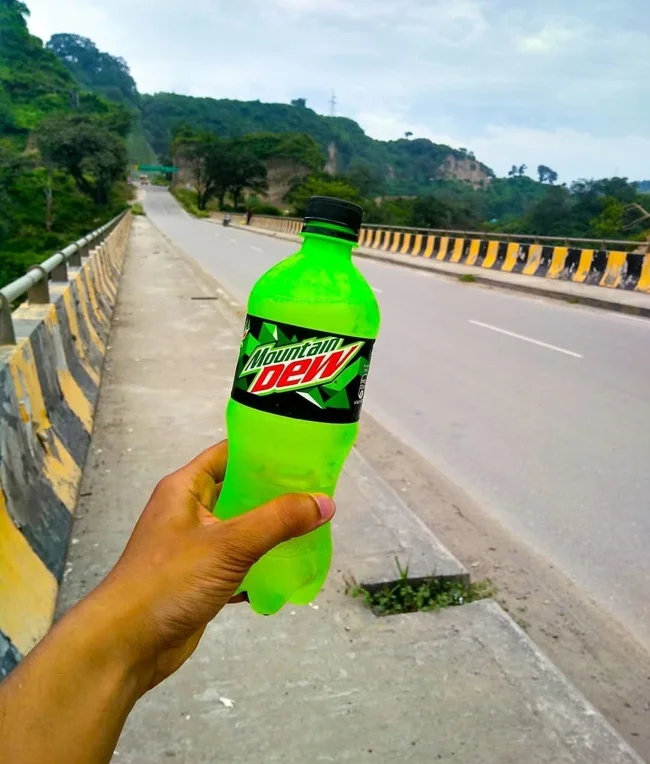
Reason for the ban: The drink contains brominated vegetable oil, which can lead to health problems.
Cocktail cherry – Norway, Finland, Austria, England 
Reason for ban: Contains red food coloring FD&C Red 40, which some researchers believe can cause allergies, migraines and mental disorders in children.
Poppy - Singapore 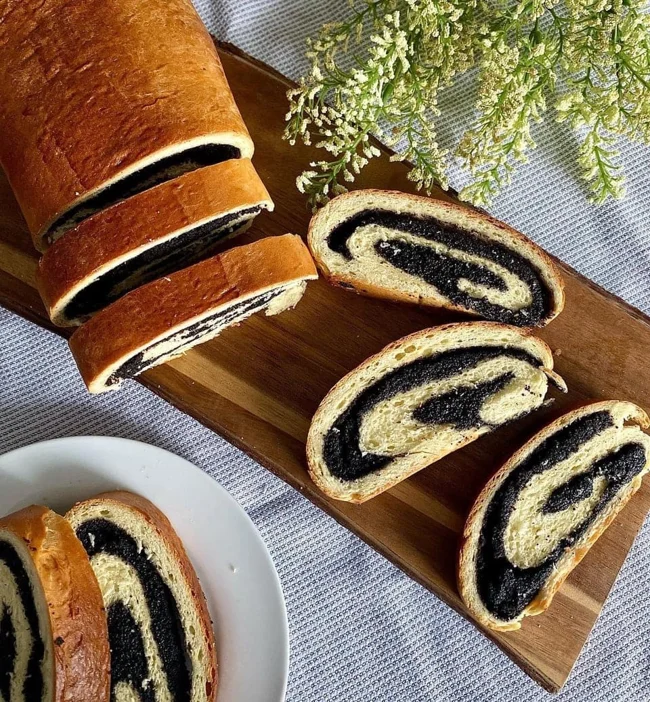
Reason for the ban: The product belongs to the category of prohibited goods that absolutely cannot be imported into the country. It's all because of the anti-drug campaign.
Margarine - Denmark and Canada 
Reason for the ban: The product contains trans fats, which can cause diseases of the cardiovascular system.
Skittles - Norway and Austria 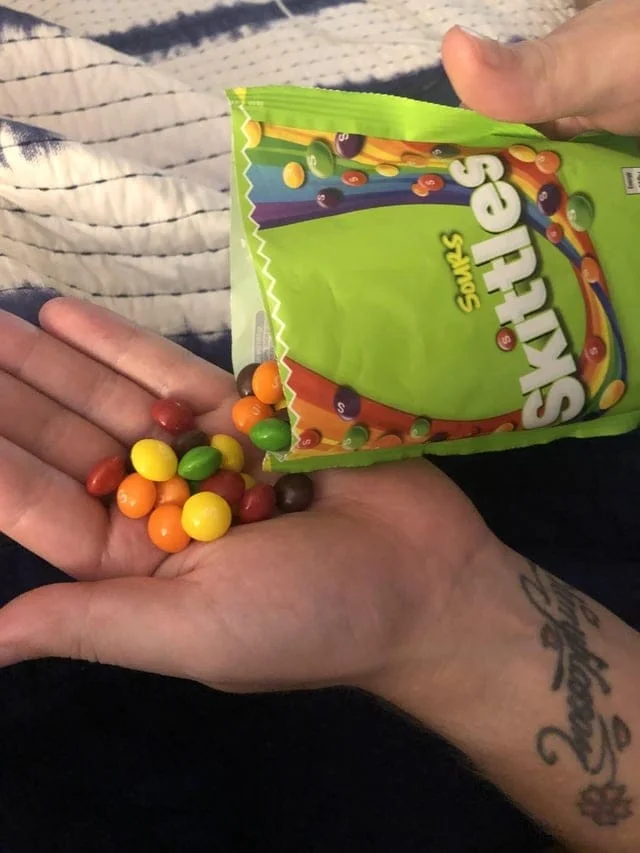
Reason for the ban: Contains harmful dyes in the sweets.
Kinder Surprise - USA 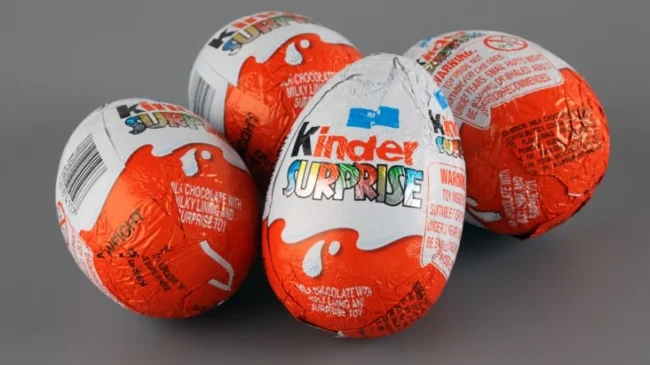
Reason for the ban: According to US federal food law, confectionery products must not contain inedible ingredients. The ban also poses a risk of suffocation.
Beluga caviar - USA 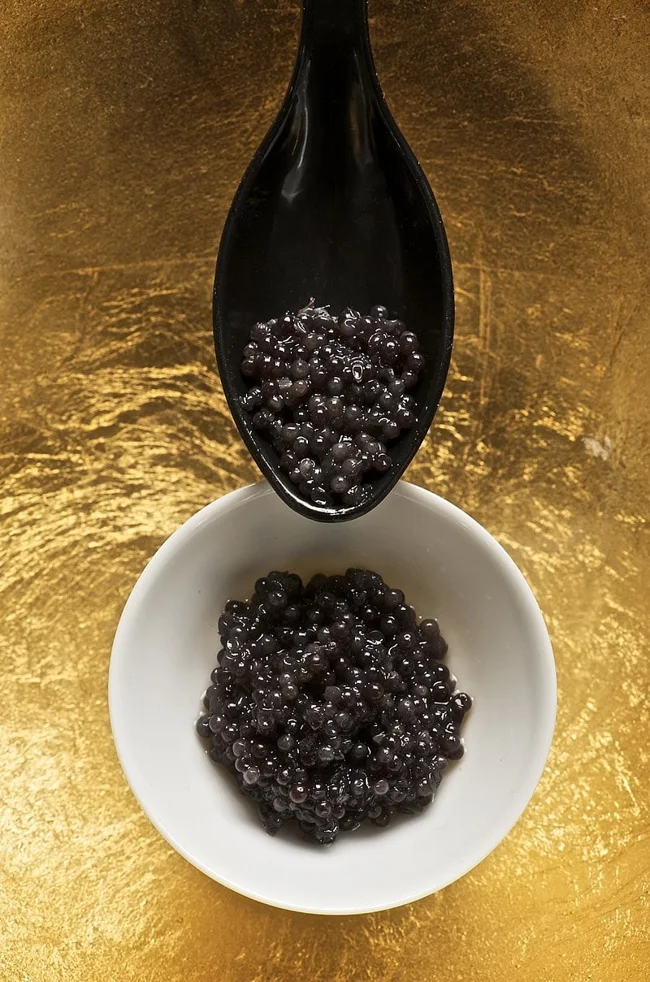
Reason for ban: Protection of endangered fish species.


